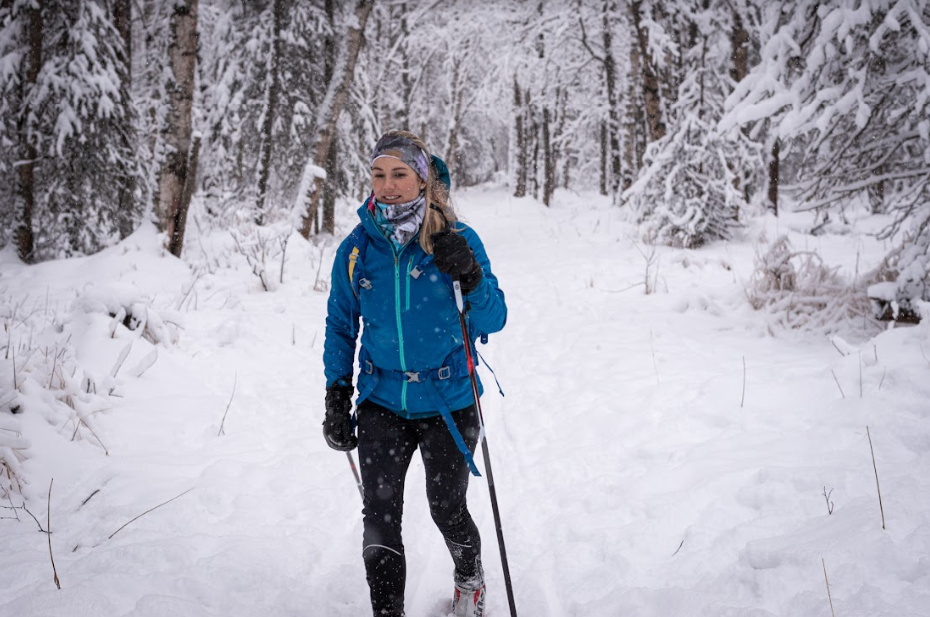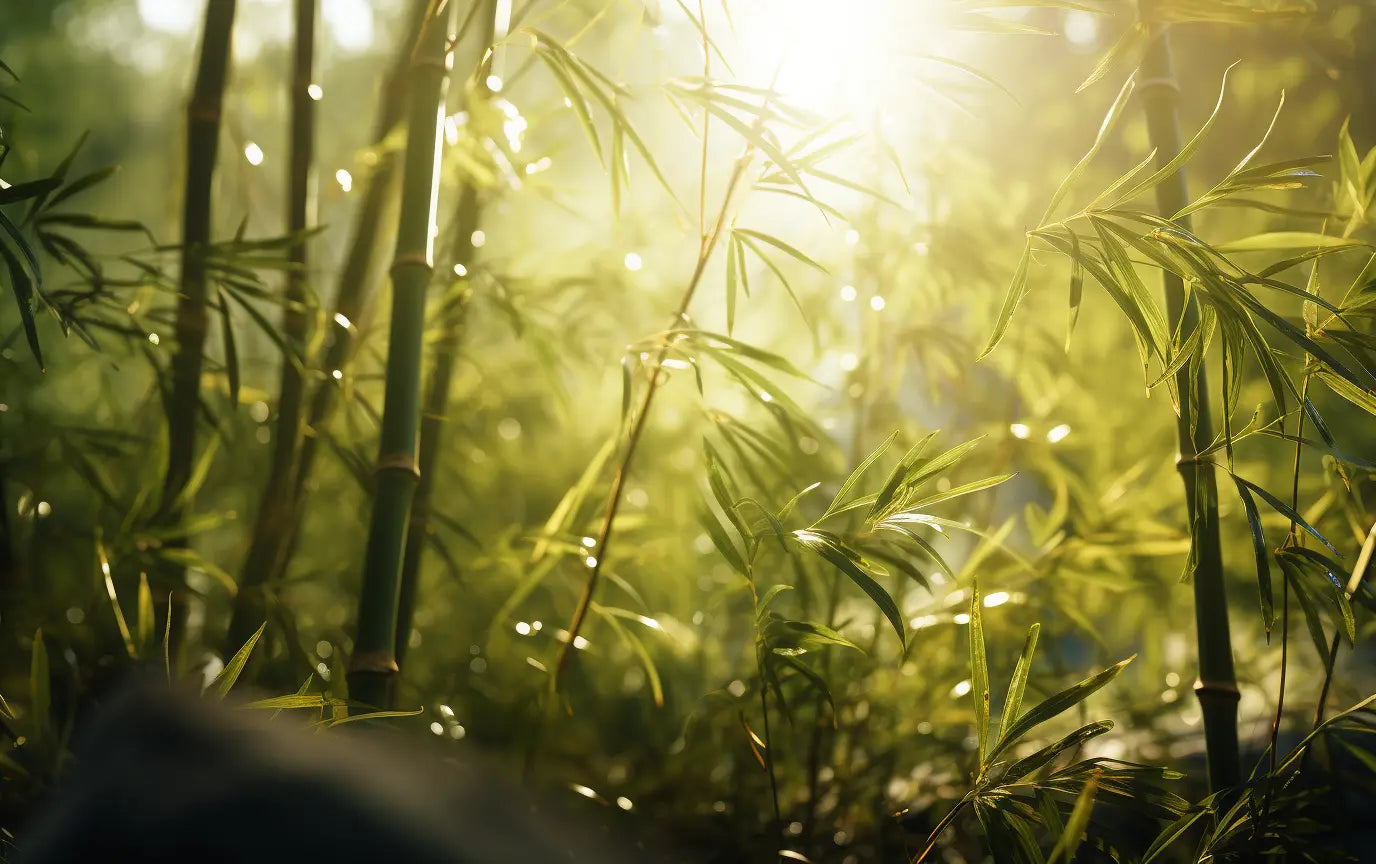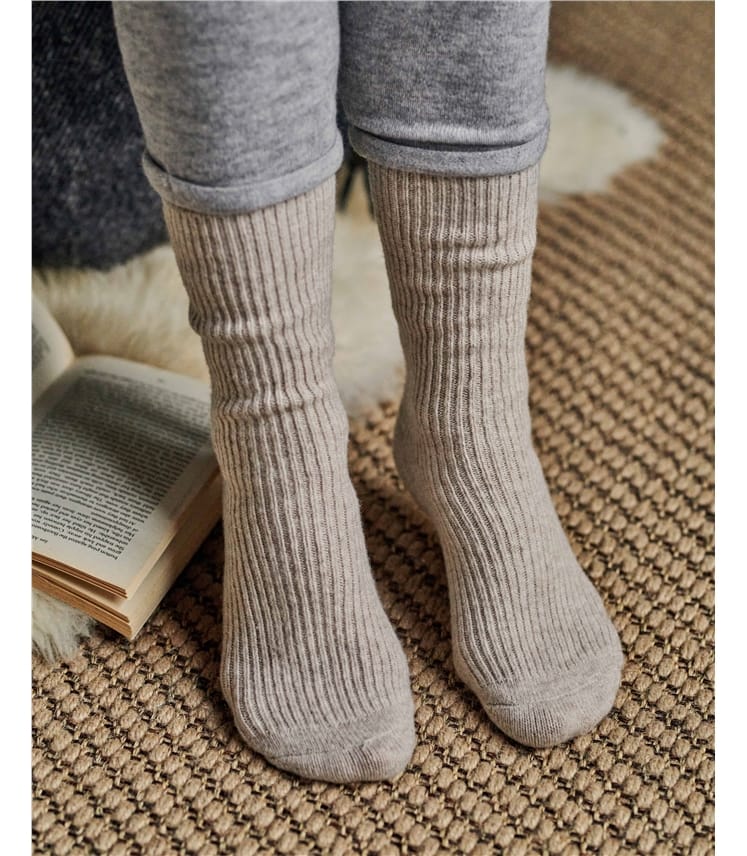Excellent Bamboo Clothing Tips
Wiki Article
Why Is Yak Merino Wool Base Layers So Beneficial For Winter Sport Clothing In Terms Of Natural Fiber Benefits?
Yak merino base layers are excellent for winter sport clothing due to their high performance, but also because they have natural fiber benefits as well as environmental sustainability. Biodegradable and renewable.
Both yak and merino wool are natural fibers derived from animals (yak and merino sheep respectively). Renewable resources can be harvested sustainably, without causing harm to the animal. The fibers are biodegradable and do not cause harm to the environment.
Low Environmental Impact
Natural fibers' production generally has a lower environmental impact compared to synthetic materials. Wool cultivation and harvesting involves fewer chemical processing and is not dependent on renewable resources when compared to synthetic fibers.
Efficiency in Energy EfficiencyEnergy Efficiency
Processing wool fibers consumes less energy compared to the synthetic fibers, such as polyester or nylon. Natural wool manufacturing is energy efficient, which results in a lower carbon footprint.
Reducing Microplastic Pollution
Natural wool fibers don't contribute to the microplastic pollution of waterbodies similar to synthetic fibers.
Longevity of the product and its recycling
The clothes made of yak merino are generally sturdy and last for a lengthy period of time. Wool fibers can also be reused or recycled, reducing the amount of waste.
Sustainable Practices-
Manufacturers and producers of wool follow ethical and sustainable practices. They guarantee the welfare of animals responsible land management and fair working conditions for all those in the production chain.
Environmental Certification-
Certifications like the Responsible Wool Standard (RWS) or the Global Organic Textile Standard (GOTS) verify environmentally and ethically mindful practices in wool production, providing consumers with assurance regarding sustainability.
In general, yak merino base layers are in line with the environment by coming from renewable and natural sources that have little environmental impact when they are produced and, often, incorporating ethical and sustainable practices throughout their supply chain. Utilizing natural fibers for winter sport clothes like yak and merino can encourage environmentally sustainable consumption. Take a look at the most popular click for source about merino wool base layer for website recommendations including smartwool base layer sale, smartwool 1 4 zip womens, smartwool long underwear, paradox merino blend, base layer moisture wicking, wool base layer womens, men's wool leggings, smartwool merino 250 base layer, wool long underwear, smartwool 250 and more.

What Are The Benefits Of Wearing Bamboo Clothes In Terms Of Softness, Antibacterial Properties, Renewability And Durability?
Bamboo clothing provides several benefits that include its softness. Its antibacterial qualities. Durability. And renewability.
Bamboo's luxurious feel is known for its silky soft texture. It's often compared with extravagant materials like silk or cashmere. It's smooth and soft on the skin.
Antibacterial Properties-
Bamboo has natural antimicrobial qualities. Bamboo contains "bamboo-kun," which is a naturally found antimicrobial ingredient. This property can help to prevent the growth of odor-causing bacteria and fungi on the fabric, keeping it fresher for longer periods and lessening the need to wash it frequently.
Durability-
Strength- Despite its softness bamboo fibers are strong and durable. Bamboo clothing is resistant to normal wear, which makes it suitable for various activities without compromising quality.
Renewability-
Rapid Growth - Bamboo is an extremely renewable resource that grows rapidly without the necessity of fertilizers or pesticides. It can reach maturity within a few years, which makes it accessible for sustainable harvesting, and reducing the environmental impact of cultivating.
Sustainability-
Sustainable production- Bamboo processing and cultivation generally has a lower impact on the environment than that of synthetic materials. Bamboo's rapid growth, its low requirement for water, and the ability to grow in different climates all help to ensure its sustainability.
Biodegradability-
Natural Decomposition - Bamboo clothing has biodegradable properties that is, it will decompose on its own at the conclusion of its lifecycle. This feature reduces the amount waste materials that are not biodegradable.
Hypoallergenic Qualities
Bamboo fabric has a lower likelihood of causing skin irritations and allergic reactions than other synthetic fabrics, making it a perfect option for those who have sensitive skin.
Bamboo clothing has many appealing features, such as softness antibacterial properties, durability renewalability, sustainability and the comfort. These characteristics provide a relaxing and environmentally friendly experience. See the most popular bamboo clothings blog for more advice including bamboo clothing for women, bamboo activewear, bamboo athletic wear, bamboo jeans ross, ladies bamboo pants, bamboo hoodie women's, kyte pajama, bamboo pants, bamboo activewear, bamboo maternity wear and more.

How Do Merino Layers And Bamboo Clothing Differ From Regular Wool?
Merino layers, regular wool, and bamboo clothing have different characteristics.
Merino Wool is soft and comfortable to the skin. It is less likely to cause irritation or itching in comparison to wool that is traditionally used.
Merino Wool Has Excellent Moisture- Wicking Properties- Merino is a material that wicks moisture which draws out moisture and lets it evaporate. The wearer remains dry and comfy.
Merino wool is extremely warm, even when wet. It regulates temperature and offers insulation in cold temperatures, and allows for breathability in hot weather.
Odor Resistant - It blocks the expansion and growth of odor-causing bacteria So clothes stay fresher for longer.
Bamboo Clothing
Silky appearance is often compared to silk or cashmere. It's luxurious and soft to wear.
Moisture-Wicking-Bamboo fabric is a moisture-wicking material that can draw moisture away from the skin, keeping the wearer dry during exercise.
Temperature Regulation- Bamboo clothing has natural temperature-regulating abilities, offering warmth in winter and breathability to prevent overheating.
Sustainability- Bamboo grows rapidly and without pesticides or fertilisers. It is biodegradable, and it has a minimal impact on the environment.
Regular Wool
Texture - The texture of wool can be different, some being coarser than others, and more likely to trigger itching or discomfort.
Warmth- Regular Wool provides great insulation and warmth, but it can be large and heavy at times.
Wool can absorb moisture. This means it is less efficient at moisture wicking in comparison to merino, bamboo or other fabrics. Wool is warm, even if it's damp.
Merino wool is soft, has exceptional moisture-wicking properties It is also resistant to odors and offers insulation. Bamboo clothing is supple and wicks moisture away, regulates temperature and is green. Regular wool is different in its texture. It may not be as soft, or have the same moisture wicking ability as merino and bamboo, but it does provide warmth. Each material offers unique benefits that meet the needs of different people and preferences for winter clothing. Check out the top merino winter clothings for site advice including ski layers, merino wool base layer hunting, merino wool base layer sale, merino wool base layer sale, smartwool base layer mens, ski thermal underwear, skiing base layers, smartwool classic thermal merino quarter zip base layer top women's, smartwool base layer mens, best merino base layer and more.
